Creation, sin and evolution: professor’s book highlights faith and science compatibility
Dr. Haarsma published a book entitled, “When Did Sin Begin?” in August 2021.
“Some people are called to do science … they have to see how to put [science and faith] together,” associate professor of physics and astronomy Loren Haarsma told Chimes, when asked why he wrote “When Did Sin Begin? Human Evolution and the Doctrine of Original Sin.”
The book focuses on different understandings theistic evolutionists have of the early chapters of Genesis. Through a plethora of research and consultations with theologians and Christian scientists, Haarsma formulated four main scenarios reconciling evolutionary human origins with the doctrine of original sin. “One of the things Haarsma’s book does is it shows us how many different ways there are to answer the questions,” Ryan Bebej, associate professor of biology, said. Bebej was one of several collaborators on the book.
According to Bebej, without this conscious effort to reconcile science and faith and correct misconceptions about how the two interact, evolutionary science can be a barrier to faith. From his own observations, both people who grow up in the church and people who might be considering faith may reject Christianity because an old earth can seem incompatible with the Christian faith.
According to Haarsma, part of this seeming inconsistency is because of the church’s historical understanding of the doctrine of original sin. “Many Christians perceive dissonance between the theology of original sin and modern scientific theories of human evolution,” he wrote in the introduction of “When Did Sin Begin.” According to Haarsma, harmony between the two is possible.
Young-earth creationist Paul Dick is skeptical about Haarsma’s alleged harmony between faith and evolutionary science. “Science has to be verifiable. You have to be there, you have to observe it. Origins are not science, they are hypotheses.”
Junior Fisher Pham, head of the Science and Religion Forum, a club here on campus that initiates conversations about science and faith, has seen division regarding this controversial issue firsthand. “I’ve seen a growing number of people on campus who seem to … just not even [be] open to the discussion of talking with people who you disagree with, and I think that’s really bad for the church [and] this institution.”
“When Did Sin Begin?” argues that as Christians, we are all commanded to not bear false witness; therefore, when there is reasonable doubt, we must assume the best of Christians who disagree with us. And Haarsma maintains controversy has an upside: “The church is ultimately better off having gone through the discussion and … come to realize a better interpretation of Scripture.”



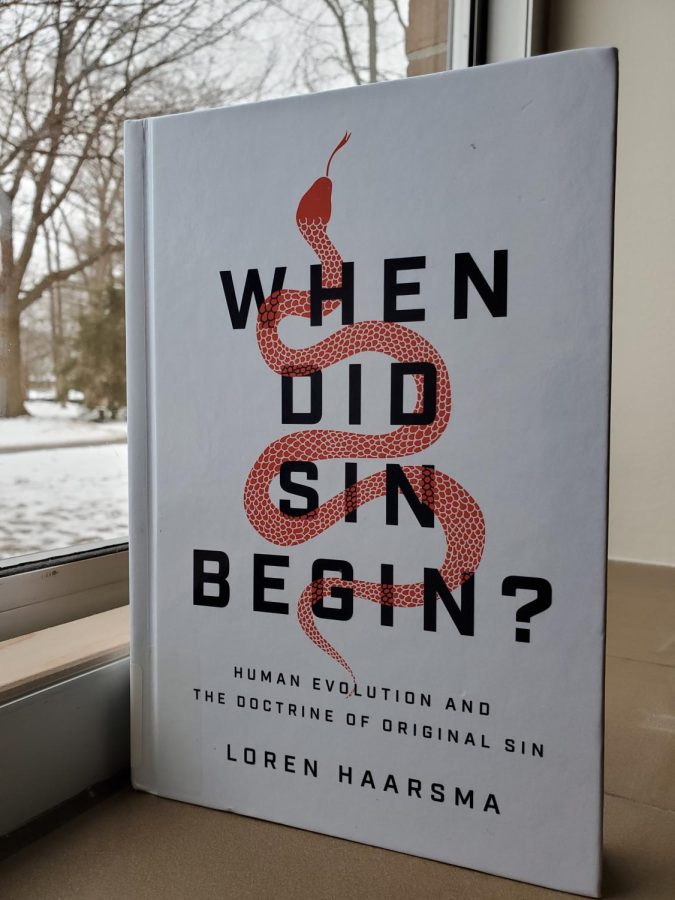
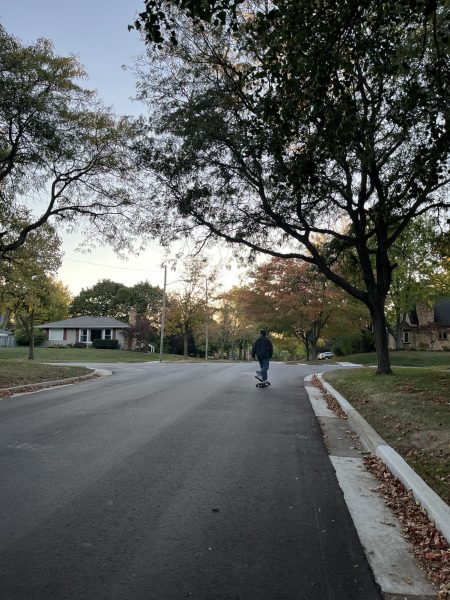
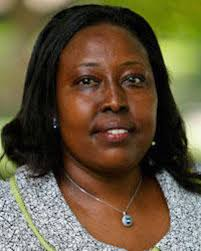

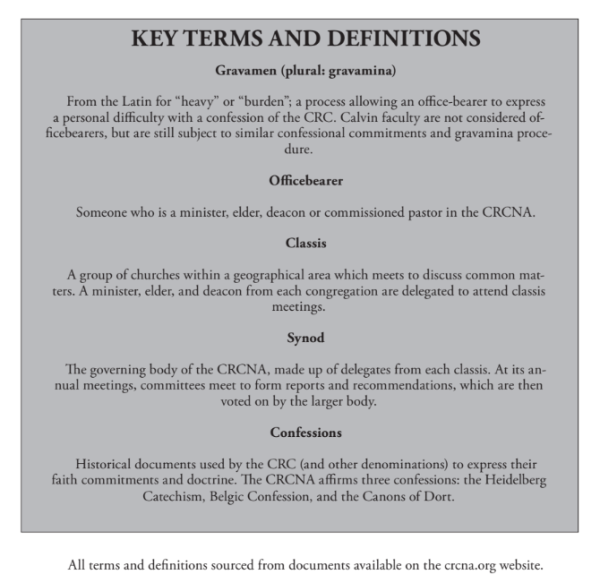
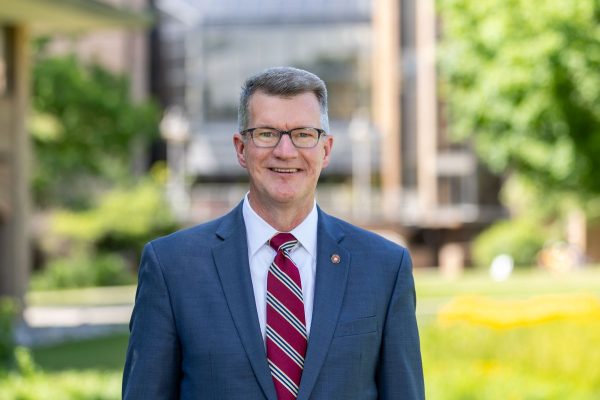
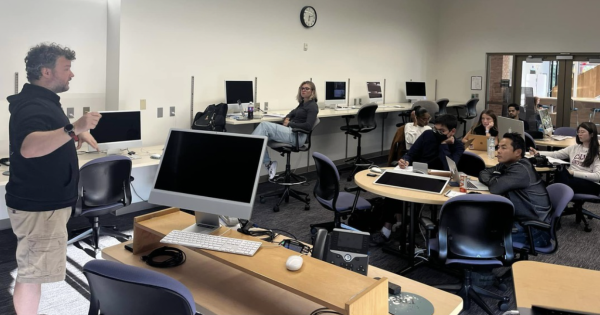

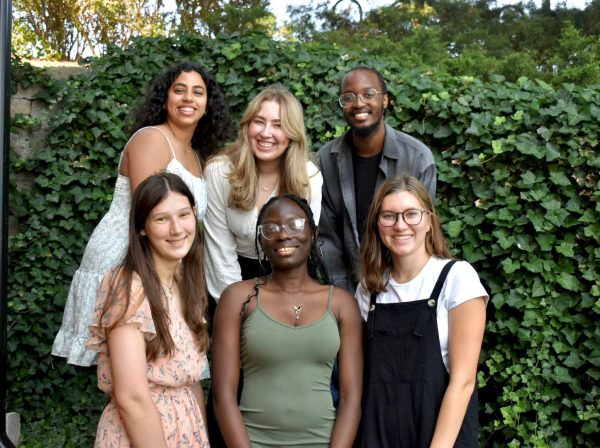
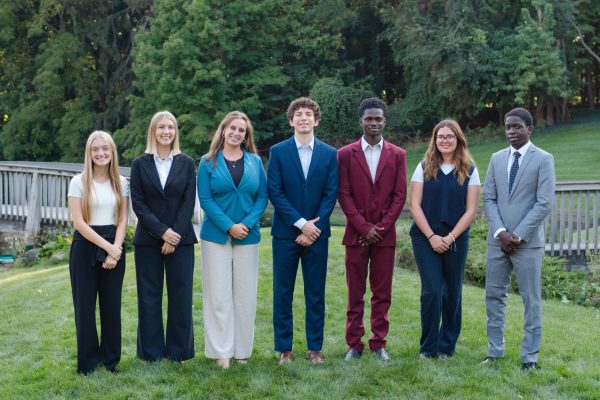
Rodney L. Jones • Feb 23, 2022 at 11:07 pm
At the end of the day, Faith (in God) is a gift conferred. All men do not have faith. I believe that faith and reason can co-exist; just as faith and science can co-exist, but to deny the logical Causer of all the effects is futile. That may be the reason why some dare not engage intellectual foolishness. The world is filled with many voices and much confusion over that which is apparent. These controversies should inspire motivation to seek after and desire truth. The beginning of sin from a Biblical perspective was a necessity for moral and binary choice. For modern moral man, sin must exist as a choice to choose or reject. The origin of sin manifested first in the angelic realm, and passed to the first man. This is how sin began. Sin necessitated a sin remover. Christ Jesus is the sin remover that was ordained before the world began. Endeavoring to co-mingle so-called science from an evolutionary origin, versus an Eternal, Self-Existing, God-caused world view is futility. How can blind men see without light?